What Is the Allergic March?
Did your child develop eczema, then food allergies and hay fever and asthma? That is called the Allergic March. Allergist Donald Leung, MD, explains more in this short video.
Watch the video to learn more.
Transcript
The allergic march is the progression of allergic diseases.
It starts with eczema, progresses to food allergy, then hay fever and asthma.
Eczema is associated with a defective skin barrier.
The food allergens penetrate through the skin.
That leads to abnormalities in the allergic response.
We can prevent the allergic march by reducing allergen penetration through the skin.
This can be done through skin moisturizers.
If moisturizers fail, we use anti-inflammatory therapy.
Related Videos
Related Health Insights and News
Want to use this on your website? Fill out the content usage request form and then copy this code: https://youtu.be/q__Sp_2HCW8





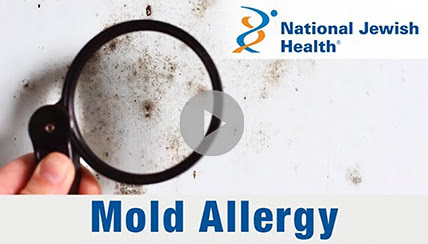



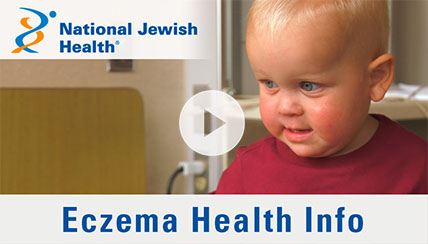

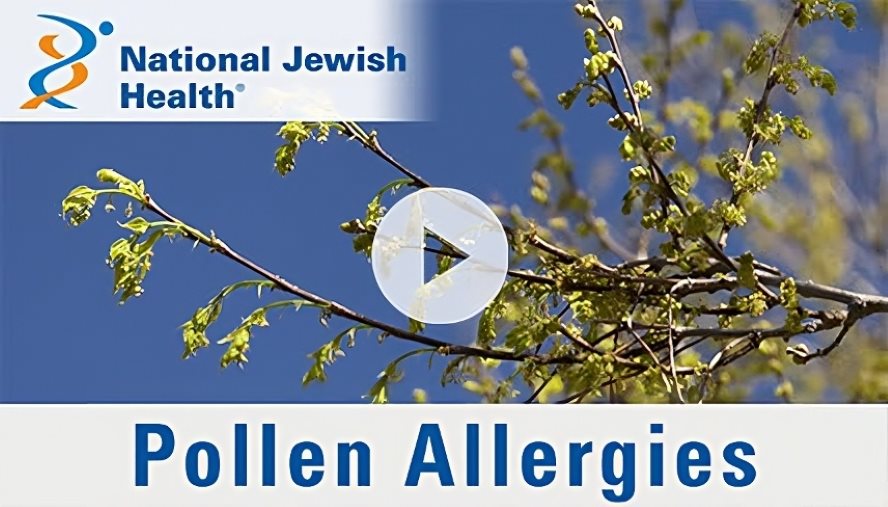

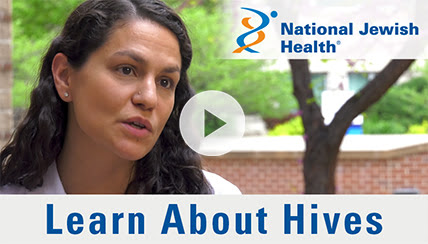


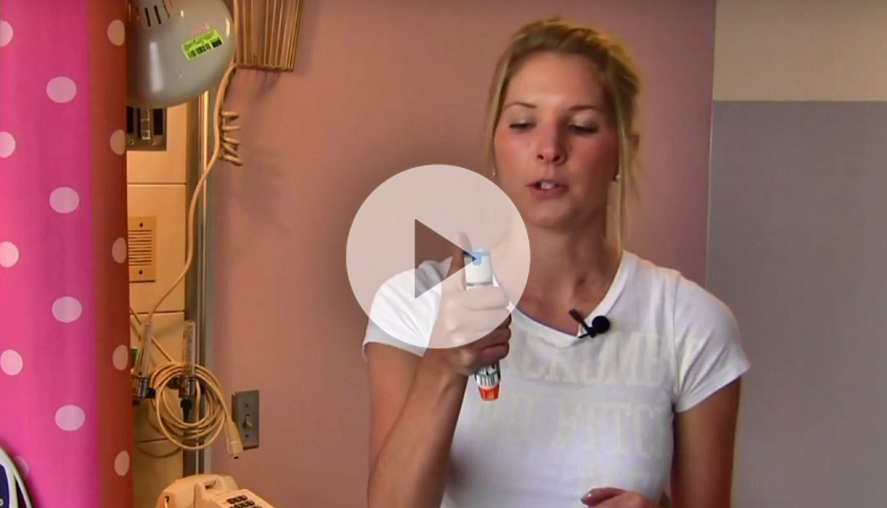-(1).JPG?lang=en-US&ext=.jpg)
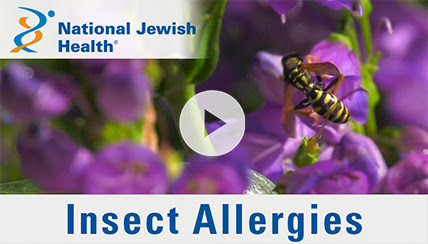

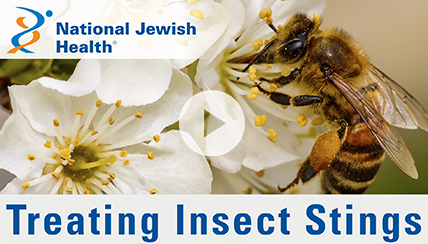
.JPG?lang=en-US&ext=.jpg)







